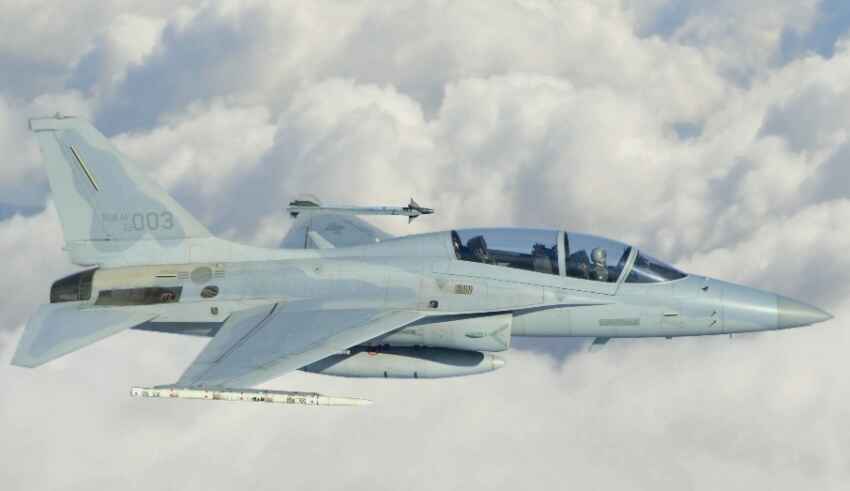
South Korea has become a major player in the global arms trade and has established itself as a competitive exporter of military technology now ranking among the top 10 global exporters. By leveraging advanced capabilities in defense production and building strategic partnerships, South Korea has steadily expanded its presence in international markets.
The war in Ukraine has significantly increased demand from European countries for South Korean weapons. In 2022, South Korea signed a framework agreement with Poland for the supply of military equipment, setting an important milestone for its arms exports. Since then, countries close to Russia, such as Estonia, Finland, and Norway, have also turned to South Korea to bridge the gap left by the Russian decline. In addition, South Korea has expanded its reach by exporting arms to countries that previously relied on Russian weapons, including Egypt and Vietnam. In 2024, South Korea further strengthened its position by becoming the first Asian country to recognize NATO’s military airworthiness certification, paving the way for closer cooperation in the defense sector. The South Korean defense industry excels in the production of conventional land warfare weapons to counter the threat from North Korea. Thanks to this specialization, South Korea has been able to meet the increase in global demand for these weapons following the Russo-Ukrainian war. In addition, strong government support through investment and subsidies has enabled defense companies to expand production and achieve economies of scale.
The future of the South Korean defense industry is characterized by a mixture of opportunities and challenges. Geopolitical uncertainties could lead to shifts in alliances and defense strategies, potentially impacting the country’s export plans. South Korea benefits from its reputation as a like-minded partner of the European Union, which increases its attractiveness in politically sensitive markets. Unlike the United States or other Western countries, South Korea does not operate under the same geopolitical implications. For example, such as the strategic partnership with Slovakia. However, the industry faces obstacles, including the trend among European countries to favor domestically produced weapons systems. The ongoing Ukraine conflict is also affecting demand; a potential resolution could reduce arms purchases, although ongoing tensions with Russia could still present opportunities. In addition, South Korea faces increasing competition from major exporters and is under constant pressure to innovate. Yet, South Korea is struggling with a shortage of skilled research and development professionals caused by issues such as limited salaries and job insecurity.
There are several possible strategies that South Korea could further utilize. As far as Europe is concerned, South Korea should focus on forging strategic diplomatic partnerships and balancing relations. At the same time, South Korea can expand its focus on Latin America. Despite lower defense budgets in the region, South Korea can rely on joint production and technology transfer. In addition, South Korea is already using the strategy of donating major military assets such as patrol boats and corvettes to foster relationships and lay the groundwork for future sales. Unlike China, which mainly donates non-lethal technology, or the US, South Korea’s impactful contributions set it apart as a serious competitor. By targeting countries with outdated fleets, such as Colombia and Peru, South Korea can increase its presence in the market.
South Korea’s rise as a global arms exporter is impressive, but significant challenges remain. Success depends on managing complex diplomacy and maintaining demand in changing markets. While there are opportunities in Europe and Latin America, they require strategic investment and careful planning to ensure sustainable growth.
By The European Institute for International Relations















